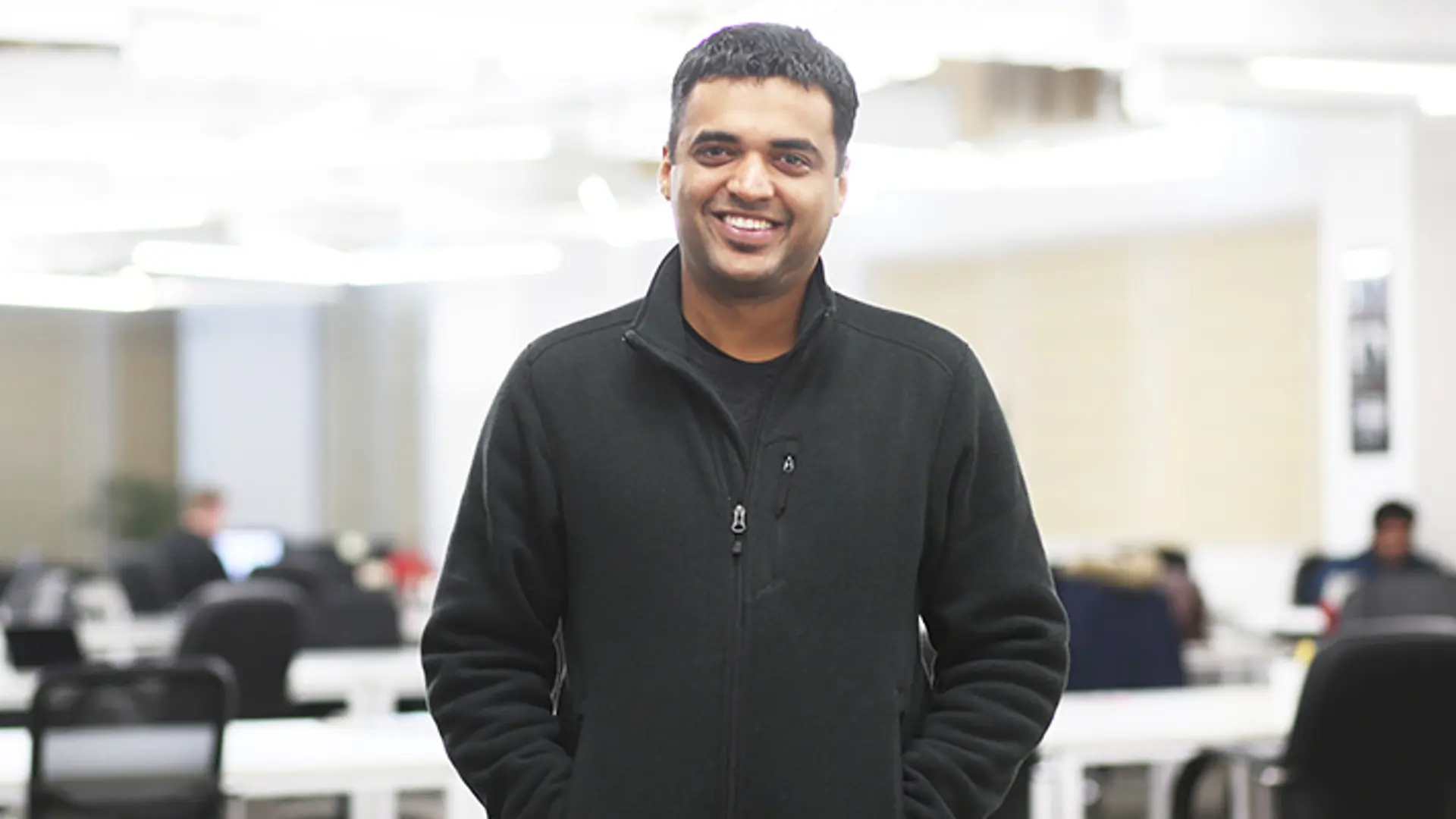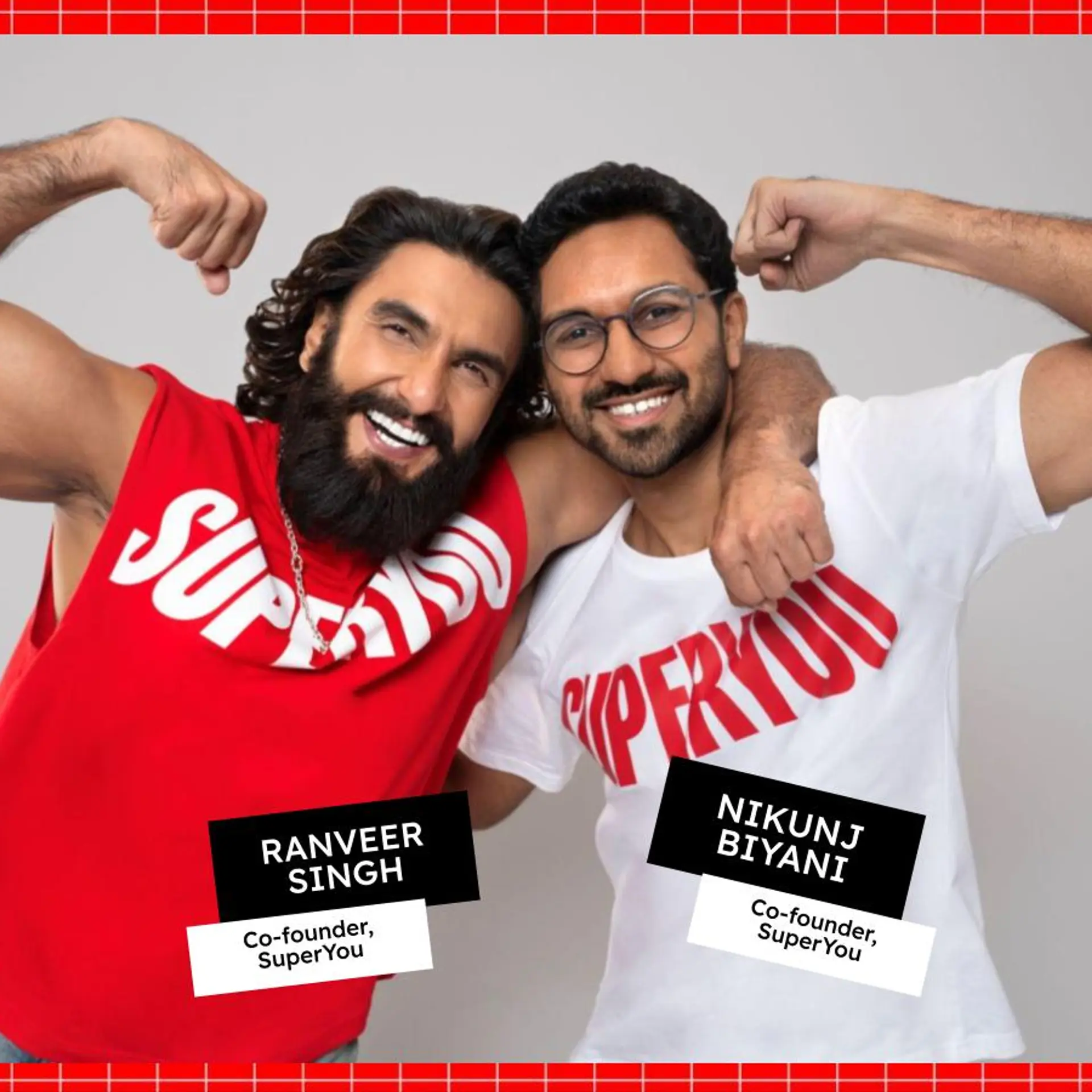Zomato and Swiggy’s profitability milestone sparks cautious optimism in foodtech ecosystem in 2023
Foodtech’s biggest players, Swiggy and Zomato, hit profitability in 2023. However, industry onlookers believe the foodtech ecosystem has much to learn from their achievements, and only diversification, scale, and time can determine success.
The year 2023 was eventful for the foodtech industry. Swiggy and Zomato—undoubtedly the largest players in the space—performed well compared to the previous years, with both making profits and showing strong growth figures.
Prosus and Invesco-backed saw its food delivery business turn profitable for the first time in March. Co-founder and CEO Sriharsha Majety called the milestone an achievement for the global food delivery ecosystem given that Swiggy is one of the few platforms around the world to manifest a positive bottom line in less than nine years of inception.
On the other hand, publicly-listed marked its first-ever profit in the April-June quarter, earlier than its previous guidance of Q2 FY24.
“... Some critical parts of the team across our businesses out-executed our expectations and plans, while some of our initiatives delivered better outcomes than we had expected,” Akshant Goyal, Chief Financial Officer of Zomato, had said.
With macroeconomic conditions growing tougher and the funding slowdown remaining persistent over the last 22 months, profitability has become a top priority for startups across sectors. To this end, the strong growth trajectories of Zomato and Swiggy have drawn up an interesting case study for the foodtech and quick commerce sectors, according to the founder of a Delhi-based cloud kitchen firm, who did not want to be named.
“The milestone not only created a sense of confidence among founders and investors, but also heightened the aspirations of budding entrepreneurs who may have been apprehensive about the space earlier,” they said, adding that at least three such enthusiasts in their circles are now showing interest in building in the space.
Akshaye Jalan, Founder and CEO of grocery-scoring and recommendation platform Xume, concurs. “There was so much doubt about whether these well-funded startups would make it. With Zomato, the performance of its shares—much like the case with the other new-age firms—stuck to its reputation. Meanwhile, people aren’t surprised by the delay in Swiggy’s public listing. But let’s not overlook their progress this year. Profitability isn’t cakewalk,” he says.

Lessons to be learnt
To replicate the Zomato and Swiggy roadmap successfully, foodtech firms must focus on one important factor—diversification, according to Ankit Kedia, Founder and Lead Investor at early-stage venture capital firm Capital A.
Both Swiggy and Zomato have branched out their businesses over the years while keeping a close eye on the core proposition of food delivery.
Over the years, Swiggy introduced several features in pilot mode including Maxx for instant ecommerce needs, Insanely Good for premium picks, and Minis for shopping direct-to-consumer goods.
Zomato has three additional segments—Hyperpure (business-to-business restaurant supplies), Blinkit (quick grocery delivery), and going out (dining out and live events).
A big part of Zomato’s profitability is a result of strong growth in the Hyperpure business. In fact, the firm’s operating revenue rose 71% to Rs 2,416 crore in Q1 FY24 from Rs 1,414 crore in Q1 last year, helped by massive growth in the B2B supplies vertical.
“Hyperpure’s success is rather underrated. Zomato has managed to build a system to become the internal supplier and financing arm for its own customers,” Kedia adds.
Secondly, marketing will play a key role in creating differentiation among foodtech players. According to Kedia, Zomato’s masterstroke marketing efforts to create a brand has helped it connect well with customers.
Xume’s Jalan adds that personalisation across different verticals such as food services and grocery delivery could also help foodtech players trot forward. “I see massive opportunities in creating experiences for users. Brands must look at moving from being transactional to experiential,” Jalan notes, adding that all steps must be taken keeping costs at bay.
Outlook for 2024
While industry executives see several avenues of growth potential going forward, there’s no doubt that the road to success will be rocky.
Venture capital funding for the foodtech sector globally declined for the sixth consecutive quarter in July-September period of FY24, down 13.9% from the first quarter and down more than 70% year-over-year, according to data by market intelligence platform PitchBook.
Food delivery behemoths Swiggy and Zomato took more than a decade each to achieve profitability and fortify their positions in the ecosystem. While the majority of India's food and grocery delivery market remains to be captured, it’s not going to happen overnight.
“It will take a lot of time to achieve scale. There’s a reason why there is no third or fourth strong contender in the food delivery space,” Kedia remarks.
Moreover, both players are well funded, which offers an additional push. Swiggy has raised upwards of $3.5 billion in funding till date, while Zomato’s market capitalisation stands at Rs 1.10 crore, as per data available with the stock exchanges.
The silver lining, however, is that related fields such as agritech, food processing, and packaging are likely to benefit from the green shoots in the foodtech ecosystem.
“Sustainability and plant-based food are already becoming the talk of the town. 2024 will see more emphasis on these segments with foodtech paving the way for transformation,” says Jalan.
Kedia concurs and adds that several of Capital A’s portfolio companies, including Infinity Box (sustainable packaging) and Tan90 (cold chain logistics) are adding value by offering products and services to help fast-track growth in the foodtech industry.
The cloud kitchen operator believes that foodtech will likely emerge as a hot sector for innovation in the coming year.
“Rome wasn’t built in a day. I’m not saying that India’s foodtech space will become world-class next year. But there’s nothing wrong in believing in it and working towards it,” according to the founder of the Delhi-based cloud kitchen firm.
(Lead image design by Nihar Apte)
Edited by Megha Reddy









